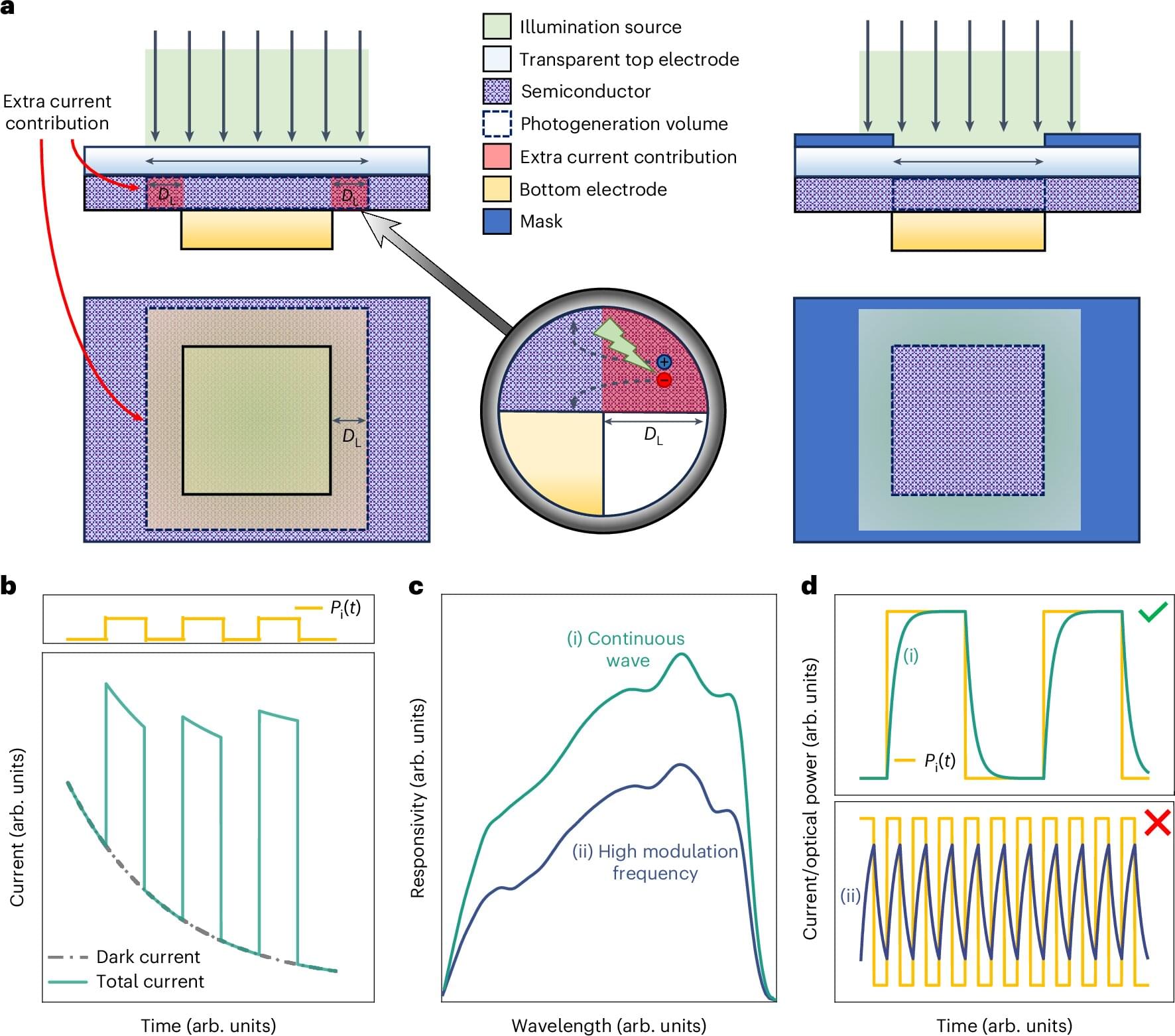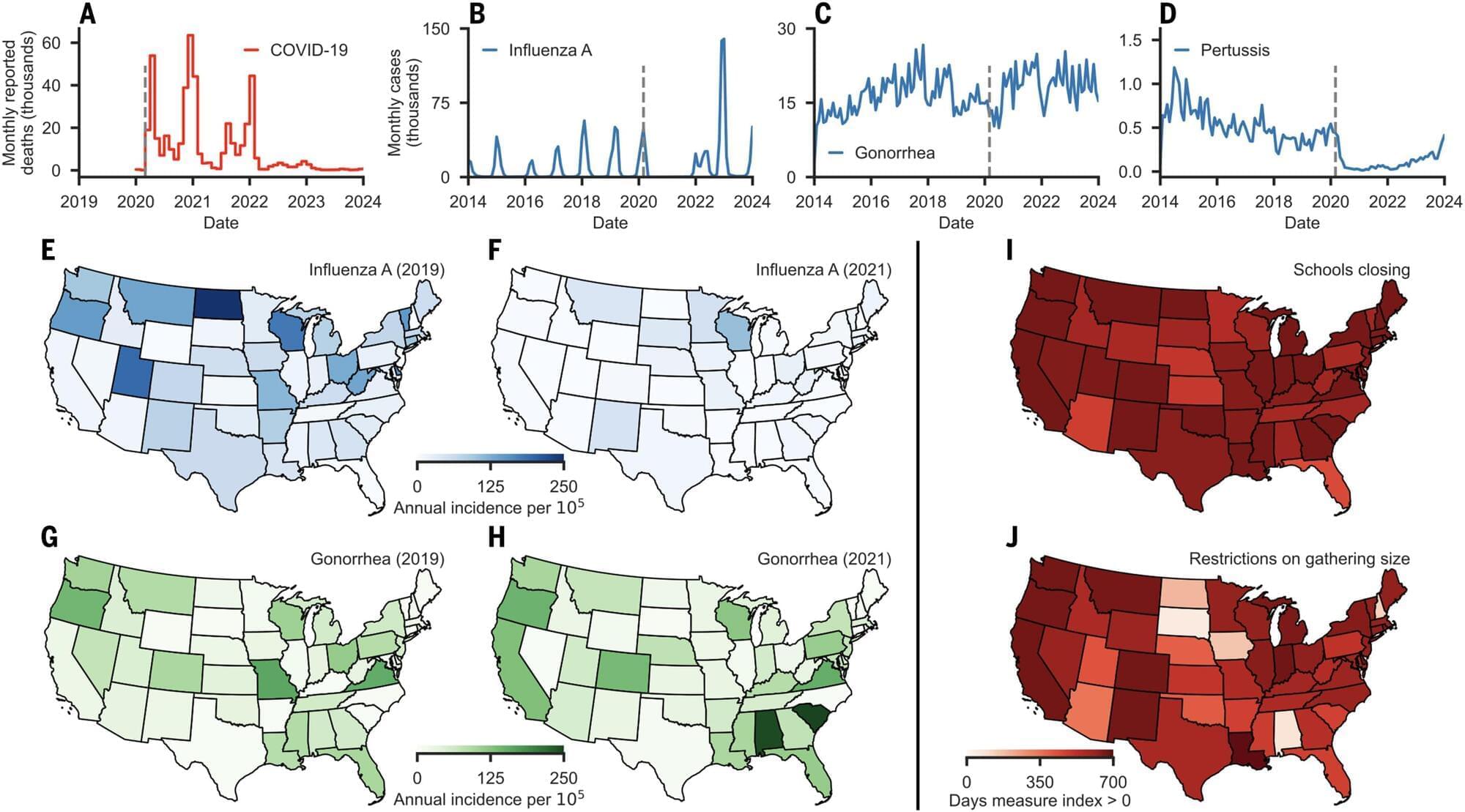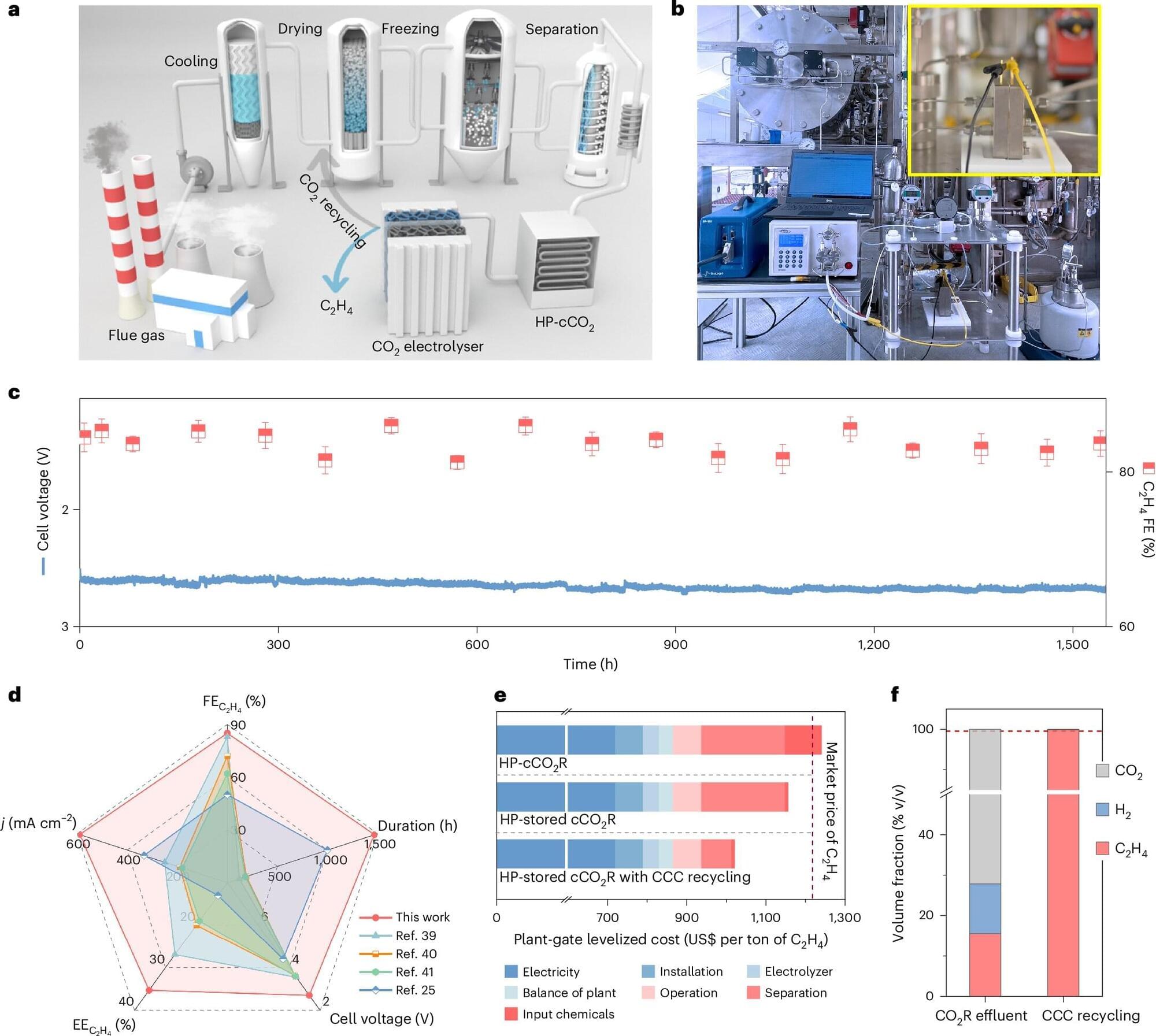A global team of experts from academia and industry has joined forces in a landmark Consensus Statement on next-generation photodetectors based on emerging light-responsive materials, which could accelerate innovative applications across health care, smart homes, agriculture, and manufacturing.
Professor Vincenzo Pecunia, head of the Sustainable Optoelectronics Research Group (www.sfu.ca/see/soe), has led this global initiative culminating in the publication of a Consensus Statement in Nature Photonics. Featured on the journal’s cover, the paper provides a unified framework for characterizing, reporting, and benchmarking emerging light-sensing technologies. These guidelines could catalyze the adoption of such sensors across a wide range of applications, enhancing quality of life, productivity, and sustainability.
Light sensors, also known as photodetectors, are devices that convert light into electrical signals. They are at the heart of countless smart devices and represent a global market valued at over $30 billion, reflecting both their ubiquity and economic significance. Emerging photodetectors—including those based on organic semiconductors, perovskites, quantum dots, and two-dimensional materials—could take this field even further by enabling ultrathin, flexible, stretchable, and lightweight sensors. These next-generation photodetectors promise lower costs, enhanced performance, and unique functionalities, paving the way for applications that were previously impossible.








